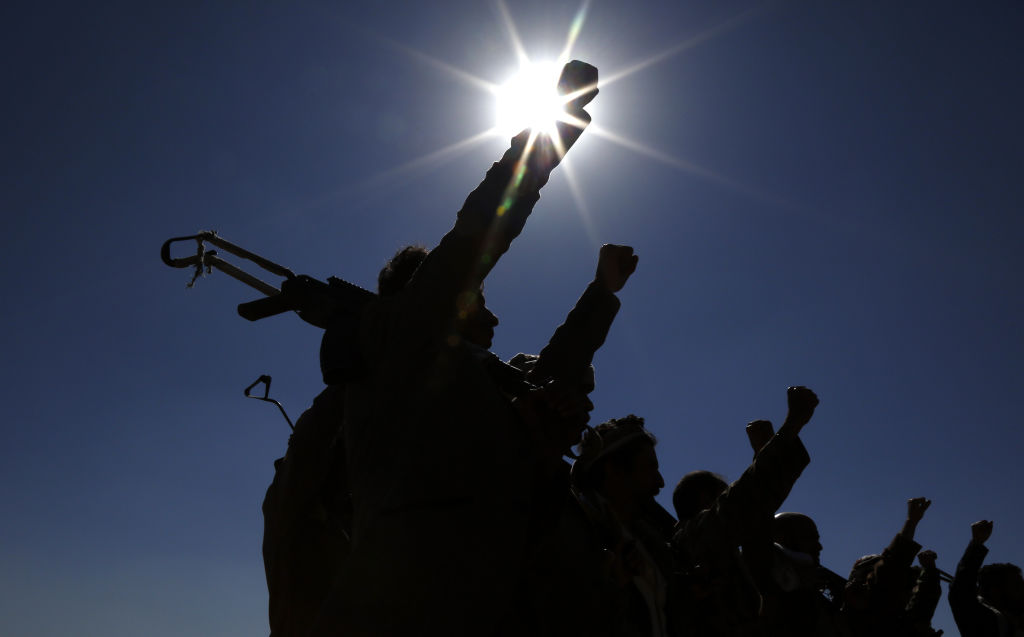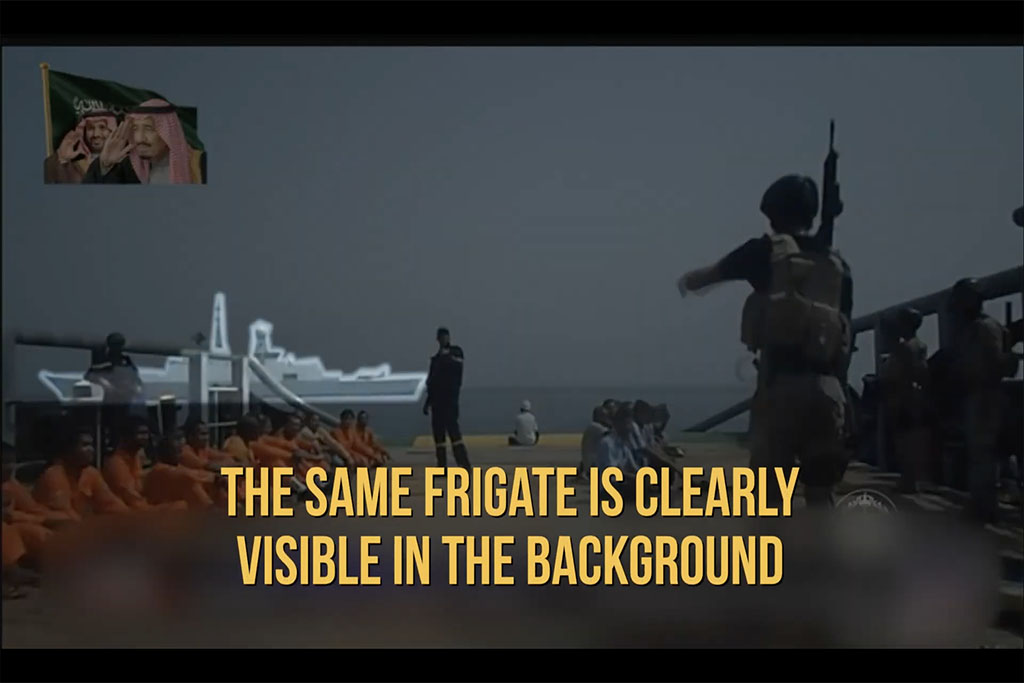French arms, and deception
Secrets of France's arms sales give lie to strict control regime
The naval blockade of Yemen, first imposed by a Saudi-led coalition in 2015, triggered one of the world’s worst humanitarian crises. It pushed millions of people, including countless children, to the brink of starvation. But the coalition did not act alone in wreaking the disaster in Yemen – it appears to have relied on support from one of the most powerful nations in the European Union.
Our investigation determined that French-manufactured warships were actively engaged in the enforcement of the blockade.
In a report to the Security Council, the United Nations Panel of Experts on Yemen, stated, in reference to the blockade, that “these measures had a disproportionate impact on the civilian population, in violation of international humanitarian law.”
UN disapproval notwithstanding, French companies clearly continue to profit from maintaining marine vessels participating in the blockade and Yemeni war. France-based technology company Thales signed an agreement with Abu Dhabi Shipbuilding (ADSB) in early 2015 to maintain its vessels. And several employees of French logistics company CNM are actively involved in the maintenance processes.
METHODS
Our investigation was carried out by a team of researchers, journalists and experts. Before jumping in, they underwent in-depth training by Benjamin Strick, an open source researcher with a background in law, conflict and technology who specialises in influence operations and geolocation. The key aim of the training was to bolster traditional reporting with new data discovery methods and the team quickly applied the new skills to reevaluate existing data and scour social media for evidence of the impact of French arms exports.
A robust introduction to geolocation and chronolocation techniques helped us to corroborate evidence of blatant or potential breaches of European, national and international regulations governing arms sales. For instance, the open source data we acquired during the investigation, along with visual analysis, allowed us to present evidence showing that French companies had indeed enabled the naval blockade that has perpetuated the humanitarian crisis in Yemen.
STORYLINES
Even before the French government’s planned publication of its annual figures for arms exports in June 2019, the report caused controversy. A few weeks earlier, a highly sensitive and classified official document was leaked, proving that the French authorities knew exactly where French-made military equipment had been used to enable the naval blockade – either in Yemen or at its borders. The expose had an immediate public impact, transforming arms exports into a topic of national debate.
Given the controversy, we tried to answer a few fundamental questions that had been swirling in the public debate – notably, are weapons from France used against civilians? Ultimately, do they contribute to war war crimes? Our research shows that this is indeed the case.
We documented their use in West Papua, Western Sahara, Bahrain, Libya, Yemen, Egypt and Cameroon among other dubious destinations. The findings were published by our media partners Mediapart, Radio France, Disclose and Arte.
One discovery stood out: It is no secret that European companies profit from maintaining the air force and navy of Saudi Arabia and the UAE. But, for the first time, we were able to visually demonstrate how the devastating blockade of Yemen was practically imposed and maintained, how French-made vessels played an active role in this and how French companies continue maintenance work to this day in spite of a widening debate on the subject.
To keep up to date with Lighthouse investigations sign up for our monthly newsletter
The Impact
Our investigations don’t end when we publish a story with media partners. Reaching big public audiences is an important step but these investigations have an after life which we both track and take part in. Our work can lead to swift results from court cases to resignations, it can also have a slow-burn impact from public campaigns to political debates or community actions. Where appropriate we want to be part of the conversations that investigative journalism contributes to and to make a difference on the topics we cover. Check back here in the coming months for an update on how this work is having an impact.



